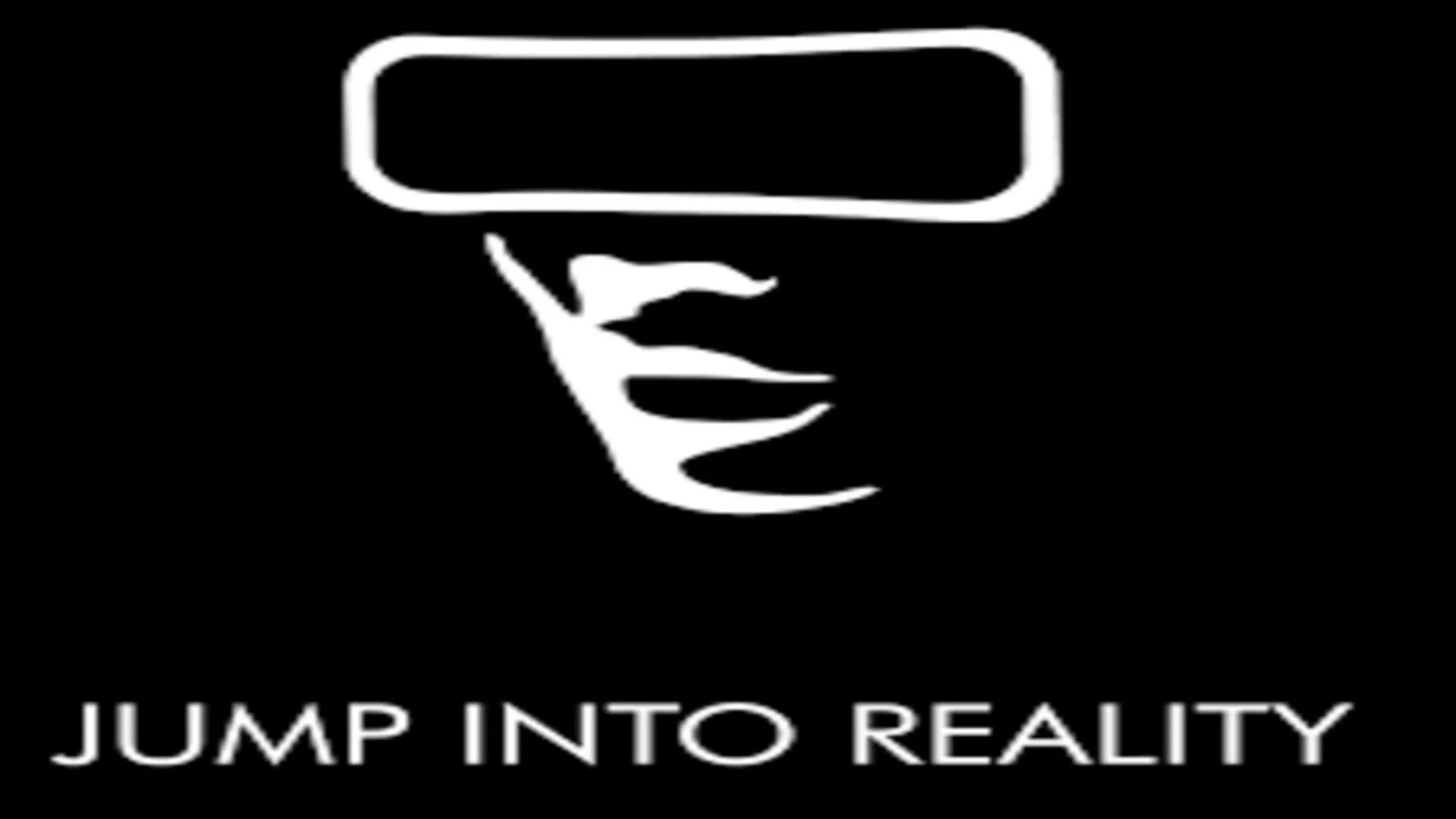Job-hopping is the new normal, from traditional wisdom to the modern mentality
Brief:
The idea of job hopping has gained popularity in the dynamic world of work, denoting a shift from the long-held belief of working for many years at one company. When I think back on my own experience—having worked for one house for almost forty years—I can see how attitudes have changed over time. Look at young talent presently.This young talent is wondering why, how, where, and even how to follow a certain career or forge a certain professional identity throughout generations.The article delves into the significant shift in professional outlooks, highlighting the emergence of market leaders from the mere startups such as Licious, Zomato, and Boat. It explores how professional training and the current educational system support this transformation, highlighting the ways in which the current entrepreneurial boom is fueled by easy access to information and admission to top professional schools throughout the world.A sizable segment of today’s kids do not believe that the only way to succeed is through long-term business loyalty. Before starting their own business, many people obtain experience at well-established companies, creating start-ups that not only survive but flourish. An increase in start-ups has resulted from this mentality shift; some have even made news with their Initial Public Offerings (IPOs).

Traditional Approach vs. Modern Realities
Traditional Wisdom: Back then, our parents used to tell us how important it was to stay and stick to one place at a time, giving example how a little plant may grow into a strong tree if it was left alone. Professionals used to take great satisfaction in their decades-long devotion to a single company. The comparison was extended to career advancement, implying that a stable work environment cultivates professional strength.
Modern Mentality: By the time we get to the present, the story has changed significantly. The new normal is job switching; young people think it’s important to look into a variety of options in order to have better prospects and sometimes even bargain for greater pay. In contrast, young people nowadays have a distinct perspective. Changes in employment are actively sought after, not just tolerated. Most people think that changing jobs frequently leads to better prospects and higher pay. A dynamic approach where people emphasize their own improvement has replaced the practice of being loyal to a single business.
Different Routes for Professional Journeys
1. Salary-Based Decisions: A large percentage of today’s workforce is willing to bargain for what they deserve and is looking for higher pay packages. This change has changed the way that people work, encouraging people to look for jobs that pay what they want.
Path 2: Entrepreneurial Ventures: An additional group chooses to work for a short time in conventional professions in order to gain expertise prior to starting their own businesses. Serving at well-established firms is not as appealing as creating your own company and putting all of your energy into it.

Present Day Scenario Drastically an Eye Opener:
Regarding how much employment, careers, and the nature of work itself are changing, take into consideration the following indicators:
a) With 22.3% of workers aged 20 and older spending one year or less in their employment in 2022 (and 33% spending less than two years), job hopping is becoming less of a stigma, and employee turnover isn’t showing any signs of slowing down.
b) As independent and freelance work is expanding more quickly than regular employment, it now makes up 36% of the American workforce.
c) Two enduring patterns that challenge workplace norms and expectations include “lying flat” and quiet quitting.
d) Traditional job application and interview procedures are being superseded by apps and automated credentialing thanks to insta-work and the gig economy.
e) Programmers have the option to outsource their work, keep receiving excellent performance ratings, and spend their days surfing the internet in secret, all without the knowledge of their employers.
f) Of course, the generative AI wave is also upending all of this, already having a significant impact on the nature of work, the abilities required for success, and who will profit and who will lose out.
Evaluations:
April Rinne is a World Economic Forum Young Global Leader and ranked one of the “50 Leading Female Futurists” in the world by Forbes. She explores how the nature of work is evolving and stresses how important it is for people and businesses to change with the times. The gig economy, freelance employment, and job-hopping are just a few of the developments that are posing a threat to the traditional career paradigm.
A “Flux Mindset,” which welcomes change and uncertainty as chances for growth and learning, is what Rinne advises. She is a supporter of rethinking jobs as flexible, adaptable portfolios as opposed to linear professional pathways. This strategy necessitates a change in terminology and viewpoint in light of the dynamic and multifaceted nature of work in the future.
#FutureOfWork #CareerTransformation #Adaptability #WorkplaceEvolution #ProfessionalDevelopment
